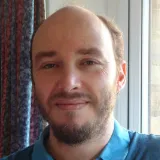
Dr Luis Apolonia
Lecturer
Research interests
- Immunology
Biography
Luis received his PhD in Virology from UCL in 2009, developing non-integrating lentiviral vectors for gene therapy under the supervision of Professor Mary Collins and Professor Adrian Thrasher. He then moved to the Malim lab, where he studied mechanisms of action of innate inhibitors and dependency factors of HIV-1.
In 2020, Luis was appointed Lecturer in the Department of Infectious Diseases. His current research interests include the study of host-pathogen interactions as well as the development of viral vectors for applications in cell and gene therapy.
Research
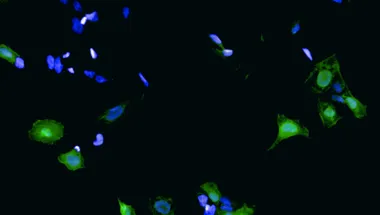
Apolonia Group
We use diverse, integrated techniques and approaches from cell culture, virology, molecular biology, biochemistry and bioinformatics to uncover novel innate inhibitors and dependency factors of HIV, Influenza, SARS-CoV-2, and other viruses.
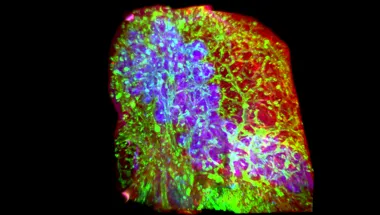
From Developmental Biology to Regenerative Medicine
Understanding organ development and tissue regeneration provides a framework for elucidating disease mechanisms as well as for developing new therapeutics.
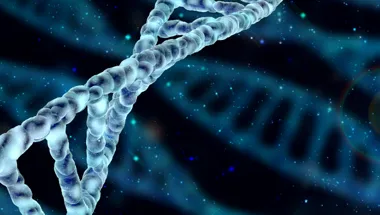
RNA Biology
RNA is at the forefront of biomedical research for its central role in how information is transferred from DNA to protein. This Research Interest Group is open to all interested parties from across the University.
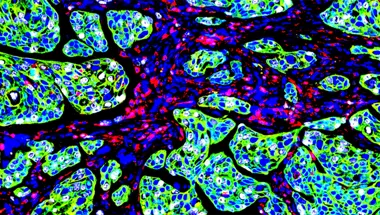
Spatial Biology Network
The Spatial Biology Network is a cross-faculty research interest group that brings together researchers from various disciplines, ranging from technology development and molecular biology, to bioinformatics and clinical translational research, to explore the complexity of spatial biology.
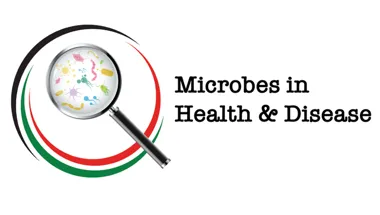
Microbes in Health & Disease
The Microbes in Health & Diseases Research Interest Group aims to foster collaboration across departments and faculties at KCL to explore the multifaceted role microbes play in health and disease.
News
King's researchers create new resource to help study HIV progression
King’s College London researchers have created a unique collection of human stem cell models which could help to uncover why HIV leads to different outcomes...

Research

Apolonia Group
We use diverse, integrated techniques and approaches from cell culture, virology, molecular biology, biochemistry and bioinformatics to uncover novel innate inhibitors and dependency factors of HIV, Influenza, SARS-CoV-2, and other viruses.

From Developmental Biology to Regenerative Medicine
Understanding organ development and tissue regeneration provides a framework for elucidating disease mechanisms as well as for developing new therapeutics.

RNA Biology
RNA is at the forefront of biomedical research for its central role in how information is transferred from DNA to protein. This Research Interest Group is open to all interested parties from across the University.

Spatial Biology Network
The Spatial Biology Network is a cross-faculty research interest group that brings together researchers from various disciplines, ranging from technology development and molecular biology, to bioinformatics and clinical translational research, to explore the complexity of spatial biology.

Microbes in Health & Disease
The Microbes in Health & Diseases Research Interest Group aims to foster collaboration across departments and faculties at KCL to explore the multifaceted role microbes play in health and disease.
News
King's researchers create new resource to help study HIV progression
King’s College London researchers have created a unique collection of human stem cell models which could help to uncover why HIV leads to different outcomes...

